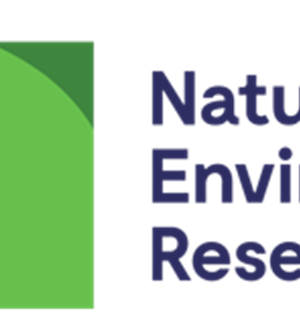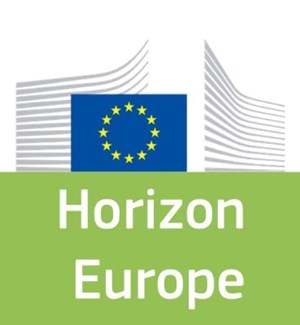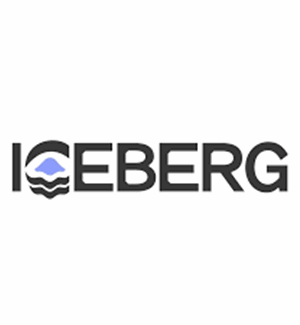- Triveo - France,
- Association de Coordination Technique pour l'industrie Agroalimentaire - France,
- Centre Technique de la Conservation des Produits Agricoles (CTCPA) - France,
- Laboratoire National de Metrologie et d'Essais - France,
- Asociacion de Investigacion de Materiales Plasticos y Conexas (Aimplas) - Spain,
- Technological University of the Shannon: Midlands Midwest - Ireland,
- Searious Business BV - Netherlands,
- Vytal Global GmbH - Germany,
- Eternity Systems - France,
- Uzaje - France,
- Christeyns España SL - Spain,
- Plasmion GmbH - Germany,
- Knauf Industries Gestion - France,
- Auzo Lagun S. Coop - Spain,
- Dawn Meats Group - Ireland,
- Plasticos Vicent SLU - Spain,
- Pons Químicas S.L. - Spain
BUDDIE-PACK is a circular economy project aiming at implementing a systemic approach for the large-scale deployment of reusable plastic packaging (RPP) based on a multidisciplinary approach combining social, technological and economic innovations. The project will take advantage of behavioural innovation to promote consumers' acceptance of RPP by analysing drivers and analyzing consumers’psychology of reuse. Sound synergies with technological innovations will be developed to manufacture packaging fulfilling the demanding requirements of RPP based on innovative designs and recyclable materials. The project will focus on innovative cleaning solutions to guarantee the safety of consumers against the possible contamination and ageing of RPP during their repeated use, and the durability of the functional properties up to 300 cycles. Viable economic models will ensure the sustainability of the proposed solutions thanks to the profitability of stakeholderss throughout the value chain, including solutions based on social & solidarity economy models. The project outcomes will be demonstrated under the supervision of RPP manufacturers and users, logisticians, cleaning and recycling experts through 6 mass market business cases in real environment at TRL8. An unprecedented cleaning pilot line dedicated to RPP and allowing scale economies will be set up. Policy recommendations and pre-standardisation activities on RPP designs and cleaning protocols will prepare the markets for the mass deployment of RPP. Preventive measures will be put in place to eliminate any release of microplastics during RPP use. The project will avoid each year the production of nearly 544M of single-use packaging, reduce the consumption of virgin plastics by 103ktons, of water by 1B to 18.5B litres, avoid 303 660ktons of CO2 emissions, 37ktons of microplastics leaking in EU seas.
Want to analyze based on this project via our analysis tool? Analyze this project
Knowledge Gaps
Characteristics of plastic-general
Environmental fate and behavior of plastic
Environmental exposure
Reference materials and standardization
Degradation




